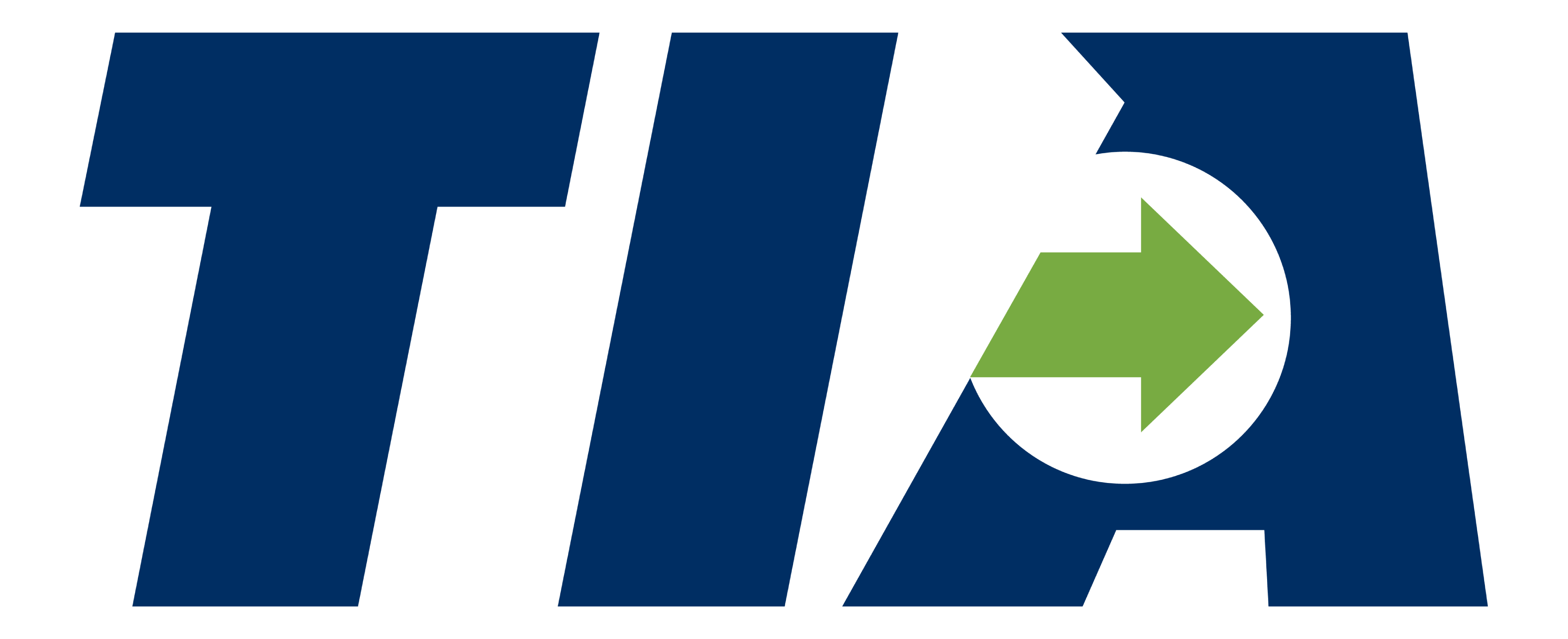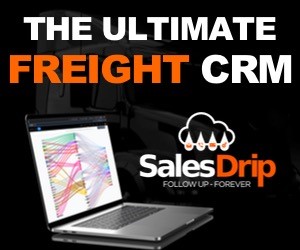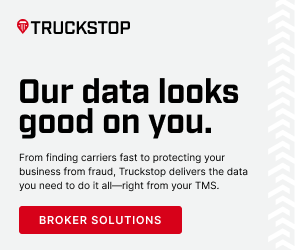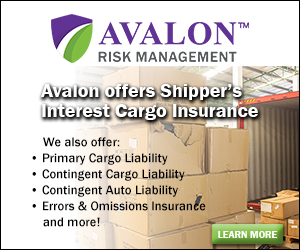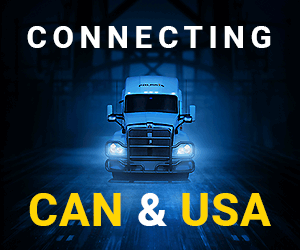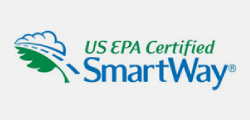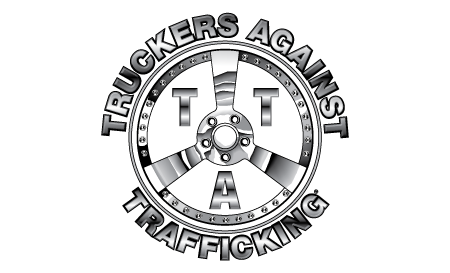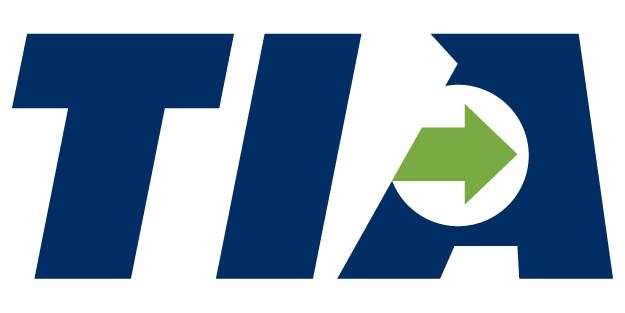The Transportation Intermediaries Association (TIA) – the only organization exclusively representing transportation intermediaries of all disciplines doing business in domestic and international commerce – released the following statement after the Department of Labor issued its final rule altering the overtime regulations under the Fair Labor Standards Act.
The rule includes two-tiered increases to the minimum salary threshold and the threshold for highly compensated employees (HCE) as well as automatic updates to both thresholds.
“TIA’s membership is composed of 70 percent small businesses throughout the United States,” said Anne Reinke, president & CEO of TIA. “Small businesses are the backbone of the American economy and the logistics industry. Under President Biden’s Department of Labor, we have seen several rules that will have major impacts on businesses, whether it be employee classification, overtime rules, or the attacks on the independent contractor status, small businesses are under attack. This will not just increase costs for small businesses but ultimately the consumers as well. The TIA will continue to advocate for our members and allowing our members to thrive without burdensome regulations.”
The minimum salary threshold will be increased to $43,888 on July 1, and then to $58,656 on Jan. 1, 2025. This represents over a 60 percent increase over the current threshold of $35,568. The Department clarified that the first increase updates the minimum salary threshold using the DOL’s current methodology, which was used in the 2019 Trump administration-era overtime rulemaking to set the current standard. The second increase then implements the DOL’s new preferred methodology, which sets the minimum salary threshold to the 35th percentile of weekly earnings of full-time salaried workers in the lowest wage Census region.
The HCE threshold will be raised to $132,964 on July 1, and then to $151,164 on Jan. 1, 2025 — a 71 percent increase from the current threshold of $107,432. The first threshold is based on the current methodology, while the second threshold is set to the 85th percentile for full time salaried workers nationally.
The final rule also implements automatic updates to both the minimum salary threshold and the HCE threshold, both of which will be increased every 3 years.
